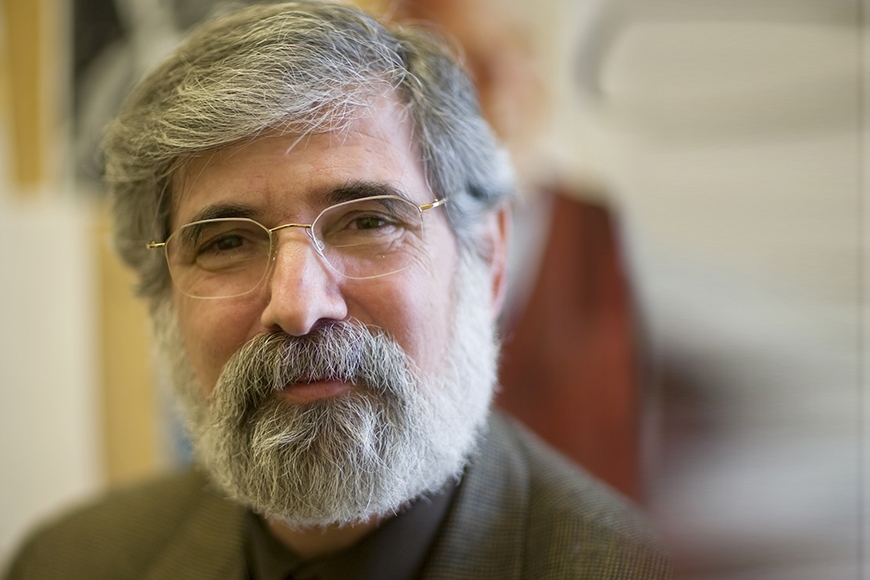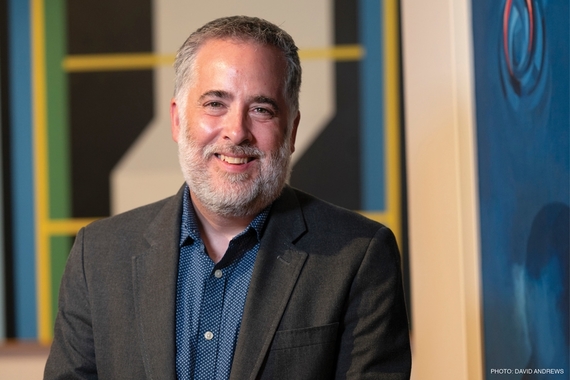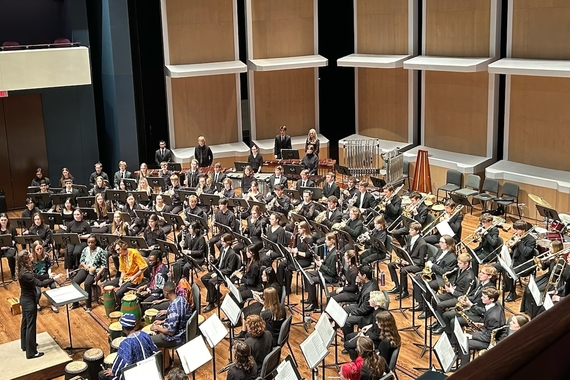Michael Cherlin awarded lifetime membership to the Society for Music Theory
Michael Cherlin, professor emeritus (music theory and composition), was awarded lifetime membership to the Society for Music Theory at the 42nd annual meeting of the Society in Columbus, Ohio earlier this month. Lifetime membership to the Society is the field’s highest award, made “in recognition of truly outstanding contributions to the field of music theory.”
Jack Boss, professor of music theory and composition at the University of Oregon, gave a tribute to Cherlin at the annual meeting:
So many of his works have had an important influence on my work, from his 1983 doctoral dissertation on Moses und Aron, which introduced me to the idea of 12-tone partitions as leitmotifs, to his 2007 book Schoenberg's Musical Imagination which admonished me to find a proper balance between the formalistic descriptions of music theory and larger questions in the history of ideas.
I would wager that many of us in this room owe similar debts to Michael, stemming from the same works or from his many other publications...or from his editorship of Music Theory Spectrum, or from his many years of teaching and advising.
Michael Cherlin began his tenure at the U of M School of Music in the fall of 1988. He specialized in the music of Arnold Schoenberg, with teaching and scholarship covering the period from Mozart to our contemporaries.
Cherlin’s interest in Schoenberg is reflected in scholarly publications that have appeared in Music Theory Spectrum, The Journal of the American Musicological Society, Perspectives of New Music, The Journal of Musicology and in his book Schoenberg’s Musical Imagination (Cambridge University Press, 2007). He served as editor of Music Theory Spectrum, the flagship journal of the Society for Music Theory from 2013-2015. His book Varieties of Musical Irony: From Mozart to Mahler was published by Cambridge University Press in 2017.
His scholarly interests outside of music include philosophy, literary criticism, and poetry. He integrated ideas from these disciplines into his musical research and teaching. Cherlin received his PhD from Yale University in 1983.
“Interdisciplinary studies have long been central and essential to my own approach to scholarship. My graduate training was in music theory and composition, but I realized early on that studying music in a vacuum was not personally satisfying. I remain fascinated by the ways that music interacts with other aspects of human creativity and self-knowing.”



